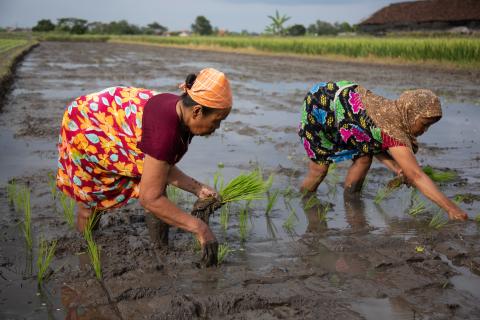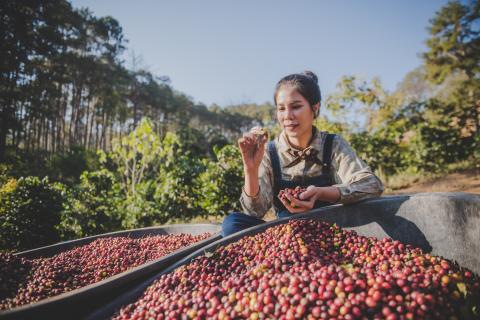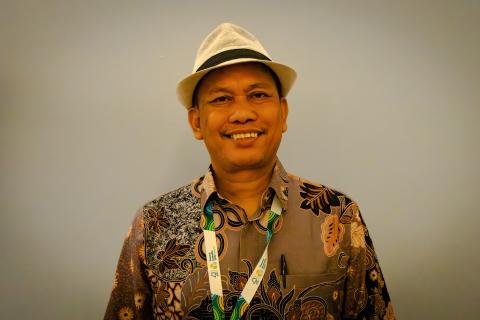Congo: Illegal logging in 13 million ha halted
A review undertaken last year as part of the World Bank-sponsored forest sector reform in the Democratic Republic of the Congo (DRC) showed that serious problems with illegal logging exist in a major part of the country's forest concessions.
As a consequence of these sad results, tthe DRC Environment Minister has now announced that 91 out of 156 logging contracts will be cancelled.
The congo basin: extreme ecosystem values
This is good news, as DRC holds a substantial part of the world's second largest coherent area of rainforest, the lowland Congo Basin forests. The cancelleation of dysfunctional concessions in the DRC can send a message to current managers of other concessions to improve, and may also result in - at some point in the future - other more qualified, better performing forest managers getting involved.
Spanning 1.5 million km2 in six countries, the conservation and responsible use of these enormous forest tracts are vital in order to ensure the massive-scale ecosystem services provided by them, such as the sequestration of carbon and livelihoods for millions of people. The Congo Basin forest is also a biodiversity hotspot, home to numerous fascinating creatures including three out of the world's four great apes. At the same time, the area has a huge potential for extraction of valuable tropical timber. For these reasons, the Congo Basin is most urgently in need of more responsible management.
Progress in FSC certification of Congo Basin forests
While rampant illegal logging may now be halted at least to some degree in DRC, even better news come from the part of the Congo Basin located in Gabon, where 1.3 million hectares were recently FSC-certified. Also, an FSC pre-assessment of more than 600,000 hectares of rainforest located in the Congo Basin is being conducted by the Rainforest Alliance. The pre-assessment is carried out in the Republic of the Congo - not to be confused with DRC - for a concession held by CIB, a subsidiary of the international timber trade company DLH.
Sources: FERN, FSC-International, WWF, and Rainforest Alliance



